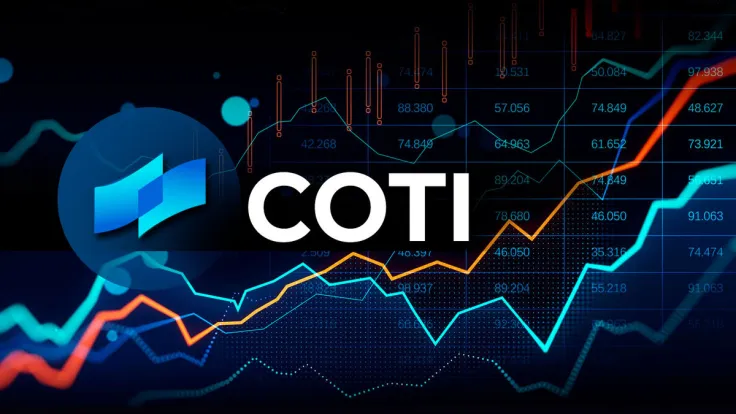
COTI has taken a significant step in its evolution by upgrading to a layer-2 solution focused on privacy within the Ethereum blockchain. This strategic enhancement is part of COTI's roadmap, which is defined by a rigorous development schedule and precise project milestones.
The project team is proud to announce that it has reached a critical point in this roadmap with the integration of the Multi-Party Computation (MPC) protocol into COTI V2. This development is part of their ongoing commitment to improve transactional privacy.
Multi-Party Computation is a field in cryptography that allows multiple participants to jointly compute a function over their individual data inputs while preserving the privacy of those inputs. It is similar to a secure a "black box" where participants' encrypted data is processed to yield a result without exposing the underlying data. This process ensures the confidentiality of each participant's data throughout the computation.
In the latest update, COTI has integrated MPC endpoints within an Extended Ethereum Virtual Machine (EVM), enhancing the EVM's existing public state with a private state managed by the MPC protocol. This dual-state system is designed to increase the EVM's capabilities, facilitating a broader range of decentralized applications by balancing transparency with privacy.
The workflow for integrating MPC involves a straightforward process where users first onboard by establishing cryptographic keys. Following this, they submit their encrypted data for storage in a secure yet transparent manner, ready for computation. Pseudo-contracts — programs written in MPC bytecode — allow for the secure processing of this data and produce outputs that are either publicly viewable or encrypted for specific users.
 Vladislav Sopov
Vladislav Sopov Dan Burgin
Dan Burgin